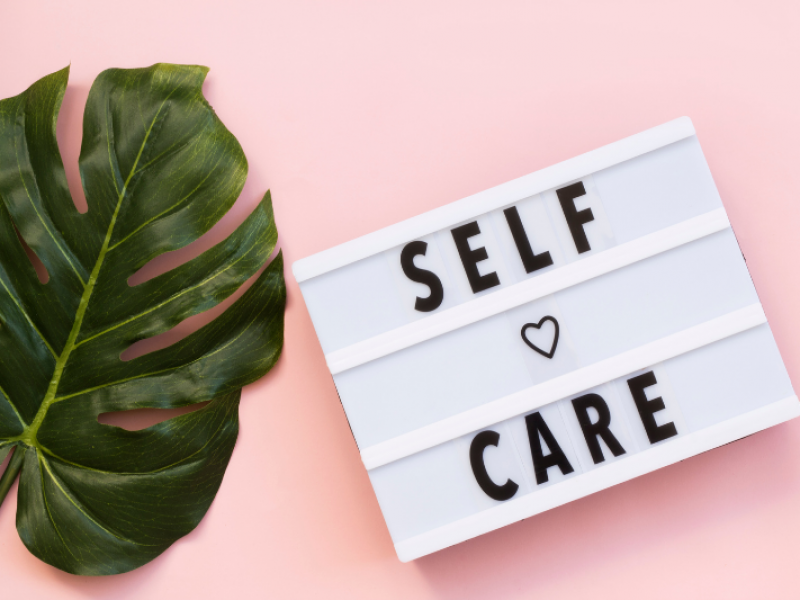
Taking care of yourself and others is so important. Yet it isn’t a topic we usually discuss with our friends or family. Whilst taking care of our physical health is an important part of our culture, we tend to neglect our mental and intellectual health in the process. So we’ve put together a simple guide to taking care of yourself and others.
Our brain and how we learn to take care of it is unique to each of us. Some people find that meditation or yoga helps. Others discover that puzzles and games help to sharpen our intellectual capacity.
What matters most is that we make some effect to nurture our intellectual health and have patience for the process.
So here’s our simple guide to taking care of yourself and others.
1. Self-care
Self-care is the most important ingredient to making sure you are taking care of yourself. It’s so easy to allow work or life stress to leave you feeling burnt out, making it more difficult to be there for friends and family. So it’s more important than ever to make sure you take time to rest, take a break, or take a day off here and there.
For more advice on self-care visit: A Guide to Practicing Self-Care with Mindfulness – Mindful
2. Healthy Eating
Nutrition plays an important role in taking care of ourselves, and understanding how food fuels us can have a great impact on how we feel every day.
If you’re struggling to figure out what it is you need, maybe try a food diary app like MyFitnessPal | MyFitnessPal.com to track what you’ve been eating and what you might be lacking. Meal prepping is also a great way to stay on top of your eating and could be a relaxing activity to do on a Sunday afternoon.
3. Physical Activity
It may seem obvious but staying active is one of the most important things you can do to feel more energised, motivated and take care of yourself both physically and mentally. Exercise also boosts the production of serotonin, known as the ‘happy’ hormone.
However, committing to exercise can sometimes cause undue stress, so it’s important to find something you enjoy that isn’t going to overwhelm you but instead help you take care of yourself.
For more advice visit: How to Find the Right Exercise for You – Lifestyle Inspirations by Nancy
4. Emotional Self-care
It’s important to have healthy coping skills to deal with uncomfortable emotions, like anger, anxiety and sadness. Emotional self-care may include activities that help you acknowledge and express your feelings on a regular basis.
Whether you talk to a partner or close friend about how you feel, or partake in leisure activities that help process your emotions, it’s important to incorporate emotional self-care into your life.
For more advice: Strategies for Emotional Self-Care (iowaaeamentalhealth.org)
5. Mental Self-care
The way you think and the things you’re filling your mind with greatly influence your psychological well-being.
Mental self-care includes doing things that keep your mind sharp, like puzzles, or learning about a subject that fascinates you. You might find reading a book or watching a movie that inspires you fuels your mind.
Mental self-care also involves doing things that help you stay mentally healthy. Practicing self-compassion and acceptance, for example, helps you maintain a healthier inner dialogue.

